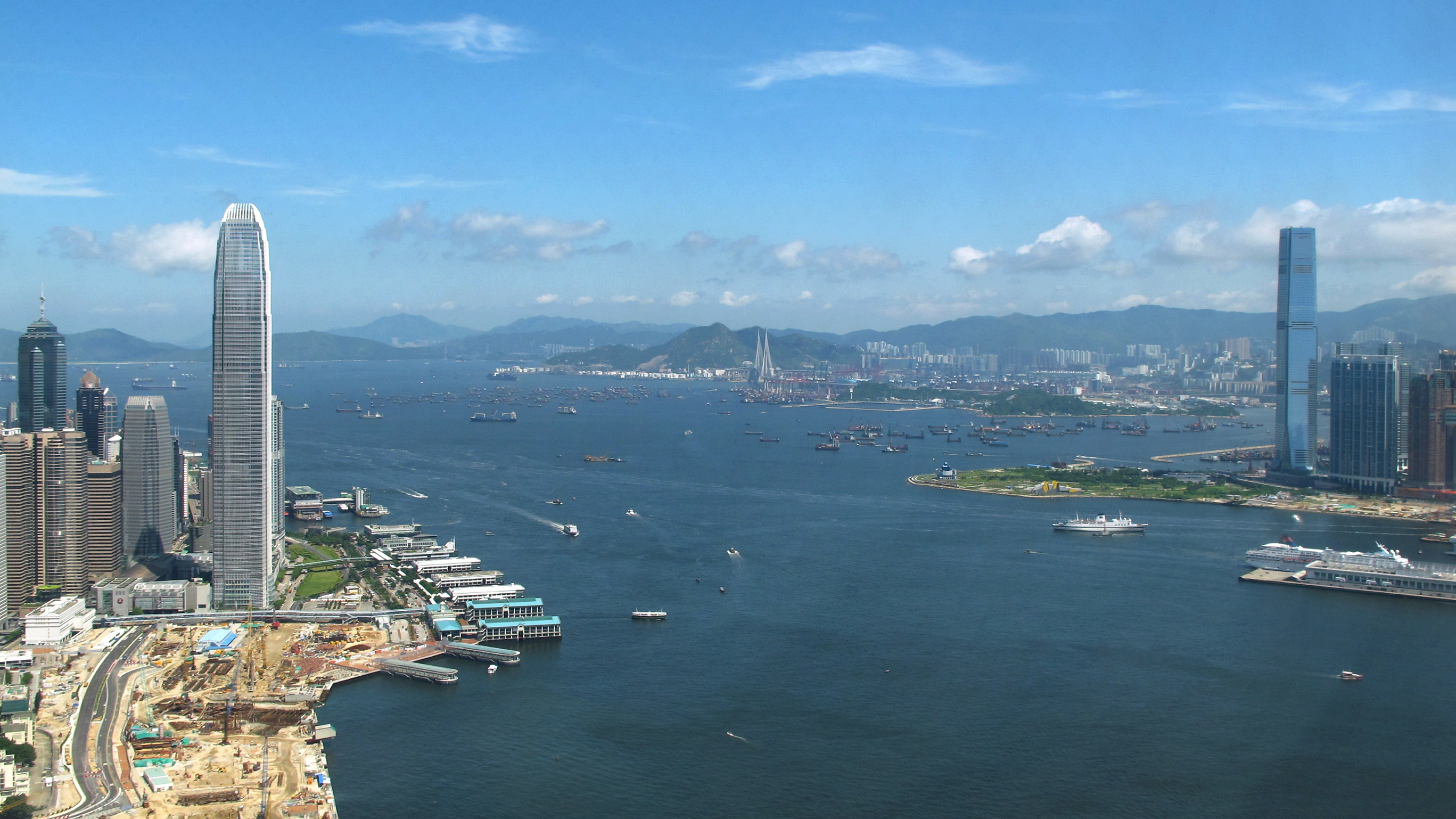Rapid population growth coupled with anthropogenic climate change pose major threats to the marine biodiversity and environmental health of Chinese and Southeast Asian coasts. MSC Professor Brian Helmuth and fellow researchers enumerated the dangers facing this coastal biodiversity hotspot during the June 2015 Breakout session “Impacts of Climate Change” at the Biodiversity, Ecology, and Conservation of Marine Ecosystems conference in Hong Kong. The results of the session were recently published in the journal Regional Studies in Marine Science.
Southern China and Southeast Asia represents one of the largest marine biodiversity hotspots on the planet; however, information on the species present and their life histories is sorely lacking. To address the threats that climate change and human development will incur on this region, researchers must devote resources to identify and catalogue species into a comprehensive taxonomic database. Additionally, scientists must develop experiments to test how these organisms will fare in a changing ocean.
Dense population and rapid growth in southern China and Southeast Asia leads to the degradation of coastal habitats such as mangroves, coral reefs, and seagrass meadows in this area. Human land reclamation and seawall construction eradicates these ecosystems and their corresponding benefits, deteriorating the environmental quality and biodiversity. Scientists advocate for “ecological engineering” wherein environmental goals are considered to craft more sustainable solutions, such as restoring and protecting these essential natural habitats, rather than continue with costly and destructive coastal defense structures like seawalls and dykes.
Finally, we face a growing challenge to feed a growing human population while at the same time reducing exploitive overfishing practices. Commercial aquaculture has presently provided food security, but pollution, ocean acidification, and ocean warming threaten the viability of these ventures. Researchers advise that fisheries managers identify more resistant, better adapted species to cultivate for the aquaculture enterprise.
These collaborative sessions are essential to allow researchers to work together to advance sustainable solutions to the severe environmental problems facing our natural systems.

